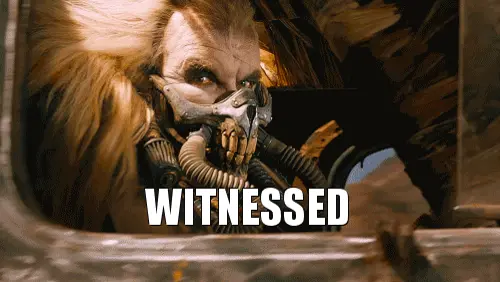asyncmind on Nostr: ...

As we stand at the crossroads of an increasingly complex global economy, the transition from fiat-based systems to decentralized alternatives like Bitcoin could indeed become a brutal and chaotic process—one that many are unwilling to face. While Bitcoin and similar cryptocurrencies offer a promising alternative, they also bring stark challenges that governments, already stretched thin under the weight of unmanageable debt, may not be prepared for.
Governments, burdened with massive national debts and financial commitments, face an existential challenge. On one hand, they could adopt reforms and attempt to stabilize their economies, but these reforms often come with significant political and economic backlash. On the other, failing to enact serious changes will lead to continued inflation, a loss of confidence in fiat money, and ultimately, the collapse of the system.
The Paradox of Fiat and Debt Fiat money, essentially currency that derives its value from trust in the government rather than any intrinsic value, faces an imminent problem in a world increasingly dominated by Bitcoin and other decentralized technologies. If Bitcoin businesses and decentralized finance platforms can successfully offer alternatives to fiat debt systems, they could inadvertently reduce the demand for fiat currency. As the demand for fiat declines, governments will struggle to fund their debt, which will only lead to more money printing, hyperinflation, and a loss of value in their currencies.
However, governments are unlikely to change course quickly. The inertia of the global financial system, and the vested interests in maintaining the current power structures, may delay the adoption of necessary reforms. Instead of embracing decentralization, governments could continue to rely on centralization, further trapping their economies in a cycle of debt and inflation.
The Mad Max Scenario If Bitcoin businesses—and those in the decentralized economy—fail to help ease the transition away from fiat, the world could very well devolve into a "Mad Max" scenario. The central government would become paralyzed, unable to meet the demands of citizens or manage the economy effectively. Inflation could spiral out of control, leading to social unrest, rising crime, and a collapse of law and order. Citizens might increasingly turn to Bitcoin as a safe haven, but without proper institutions in place to support it, even that may not provide the stability they seek.
In this environment, governments would find themselves in a precarious position: increasingly unable to control the monetary system or the broader economy. The state's ability to function—whether through social services, public infrastructure, or security—would diminish, as tax revenues shrink and social contracts break down. This would likely lead to the rise of new power structures, from corporate-controlled enclaves to decentralized communities operating outside of government control.
The Precarious Position of Governments Governments, in their desperation to hold onto power, might resort to increasingly authoritarian measures: stricter controls on digital currencies, surveillance, and even military intervention to suppress dissent. However, these actions could further alienate the population and hasten the decline of centralized power. With the rise of alternative financial systems like Bitcoin, decentralized technologies could render traditional state power irrelevant.
This could set the stage for a new era—one where governments are no longer the central force controlling the economy or society. Rather, the most resilient and agile networks, driven by decentralized technologies, could emerge as the true power brokers in a fractured, unstable world. In such a scenario, Bitcoin may be both a symbol of freedom and a practical means of surviving a world where traditional systems of control have failed.
The Bottom Line If current trends continue, we could witness a brutal transition as fiat currencies collapse, governments become paralyzed, and society fractures. While Bitcoin and similar decentralized technologies offer hope for a more equitable and efficient financial system, the road ahead will be anything but smooth. The shift away from fiat could lead to significant social, political, and economic upheaval. Governments, in their failure to adopt the necessary reforms, risk not only their own relevance but the very stability of society itself.
Ultimately, the failure to act now may lead to a future where we find ourselves in a Mad Max world—a world where the only thing more scarce than resources will be trust in the institutions that once governed them. The time for serious reform is now, but whether governments will take the necessary steps before it's too late remains an open question.
#Witness #ReadyOrNot
